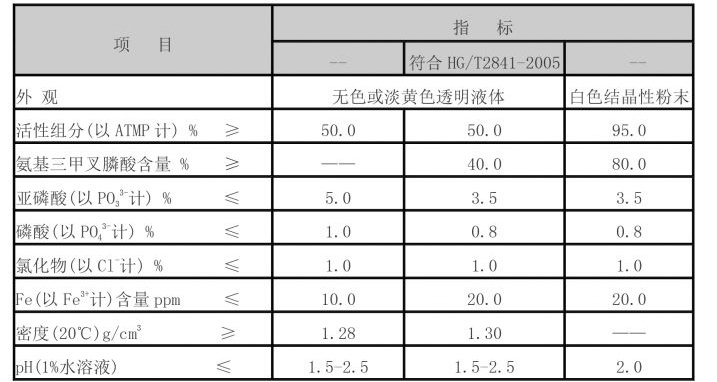Effective Strategies for Utilizing Industrial Flocculants in Wastewater Treatment Processes
An Overview of Industrial Flocculants Importance and Applications
In the dynamic world of industrial processes, the quest for efficient resource management and environmental sustainability has led to the increased use of flocculants in various sectors. Flocculants are substances that promote the aggregation of fine particulates into a floc, which can then be easily removed from liquids. This process, known as flocculation, plays a significant role in industries such as water treatment, mining, pulp and paper, and oil recovery.
Understanding Flocculants
Flocculants can be classified into two main categories organic and inorganic. Organic flocculants, often derived from natural sources or synthetic polymers, are widely used due to their effectiveness and versatility. They possess the ability to neutralize charges and bridge particles, encouraging them to clump together. In contrast, inorganic flocculants include compounds like aluminum sulfate and ferric chloride. These agents typically work through hydrolysis and charge neutralization, leading to the formation of larger aggregates that can be removed from suspension more easily.
Applications in Water Treatment
One of the most significant applications of flocculants is in water treatment. Municipal water treatment facilities utilize these agents to clarify drinking water and facilitate the removal of suspended solids, colloidal particles, and pathogens. The flocculation process helps improve the efficiency of sedimentation and filtration, resulting in cleaner water. Additionally, flocculants are instrumental in wastewater treatment. They aid in the removal of contaminants and pollutants from industrial effluents before they are released into the environment. The use of flocculants in these processes not only enhances water quality but also helps meet stringent environmental regulations.
Role in Mining and Mineral Processing
industrial flocculant

In the mining industry, flocculants play a crucial role in the extraction of valuable minerals. During mineral processing, finely ground ore particles are mixed with water to create a slurry. Flocculants are added to this slurry to promote the aggregation of mineral particles and facilitate their separation from unwanted materials or tailings. This process significantly improves the efficiency of mineral recovery and reduces the environmental impact of mining operations by minimizing waste and water usage.
Importance in Pulp and Paper Industry
The pulp and paper industry also heavily relies on flocculants for efficient production. During the manufacturing process, flocculants help in the removal of wood fibers and other impurities from the pulp. This not only enhances the quality of the final product but also aids in water recycling within the production process. With rising environmental concerns, the use of biodegradable and environmentally friendly flocculants is gaining popularity, aligning with sustainability goals in the industry.
Innovations and Future Trends
As industries continue to evolve, so does the development of flocculants. Researchers are exploring advanced formulations and eco-friendly alternatives to traditional chemical flocculants. The rise of biopolymers and biodegradable materials offers promising solutions, reducing the ecological footprint of flocculation processes. Innovations in this field include the use of natural extracts and smart polymers that respond to environmental changes, which could lead to more efficient and tailored flocculation processes.
Conclusion
In conclusion, industrial flocculants are vital components in enhancing efficiency and sustainability across various sectors. Their ability to facilitate the removal of suspended particles plays a pivotal role in water treatment, mining, and paper production. As the push for greener technologies continues, the development of innovative, eco-friendly flocculants will likely shape the future of industrial applications, contributing positively to both operational efficiency and environmental protection. As industries embrace these advancements, the role of flocculants will grow even more significant in the quest for sustainable industrial practices.
-
Water Treatment with Flocculant Water TreatmentNewsJun.12,2025
-
Polymaleic AnhydrideNewsJun.12,2025
-
Polyaspartic AcidNewsJun.12,2025
-
Enhance Industrial Processes with IsothiazolinonesNewsJun.12,2025
-
Enhance Industrial Processes with PBTCA SolutionsNewsJun.12,2025
-
Dodecyldimethylbenzylammonium Chloride SolutionsNewsJun.12,2025





